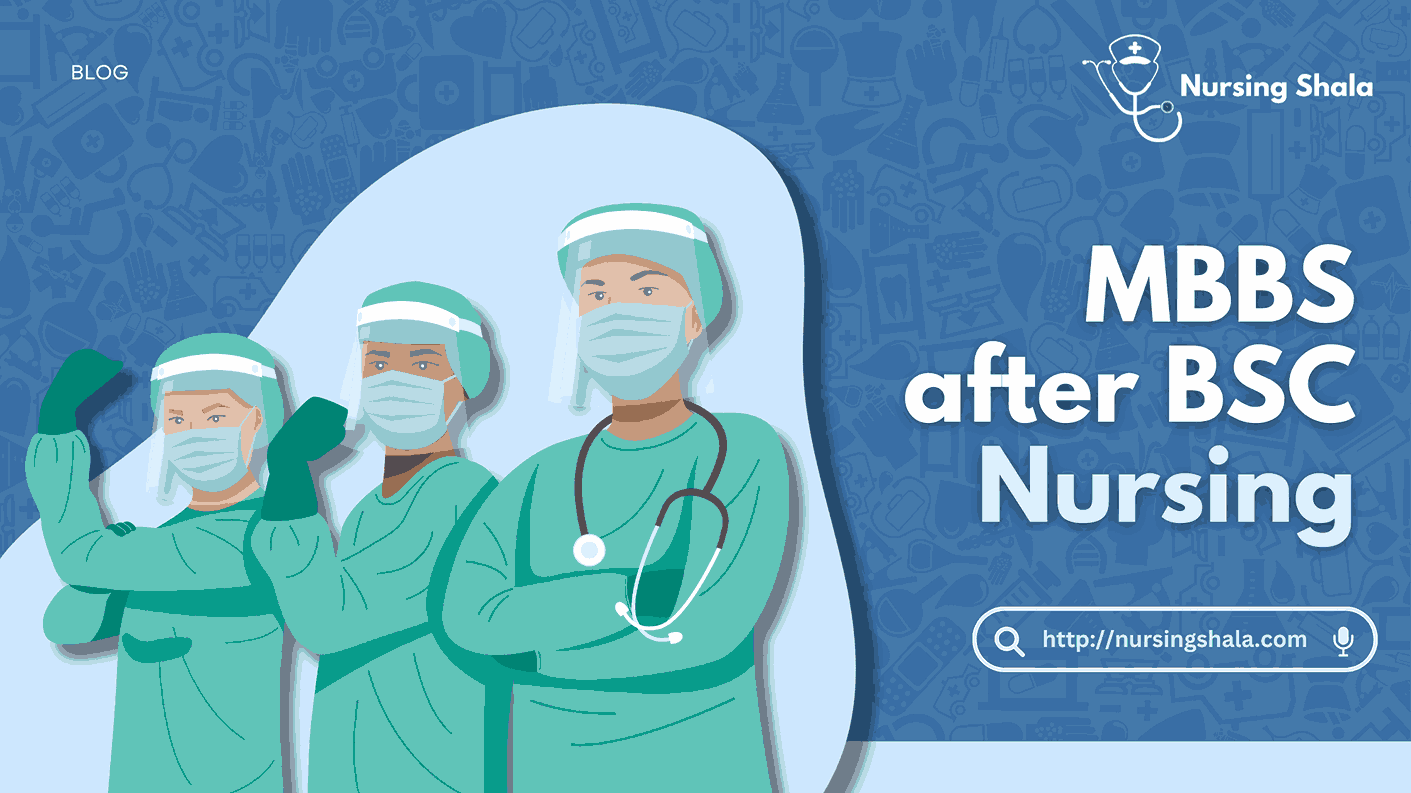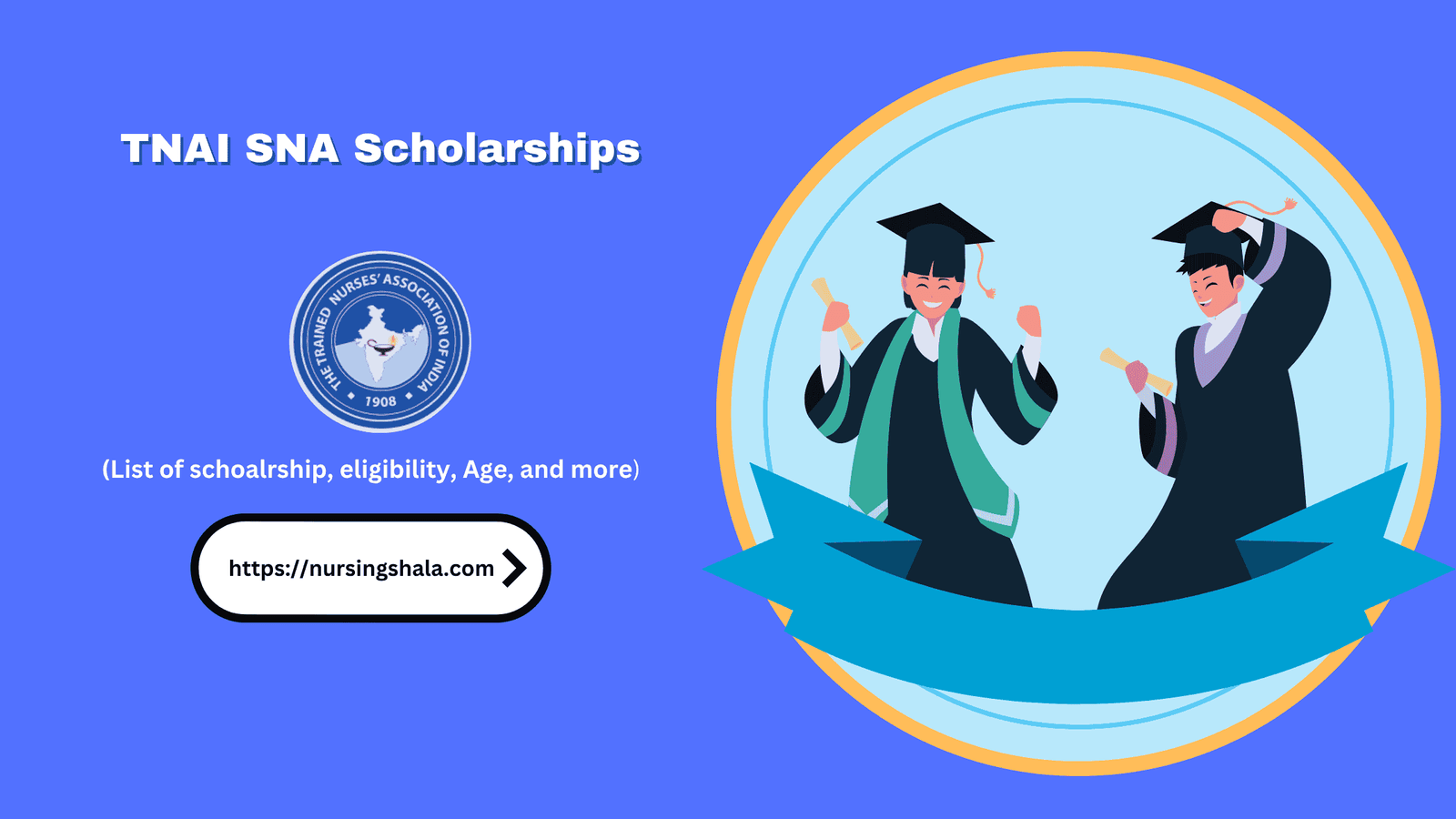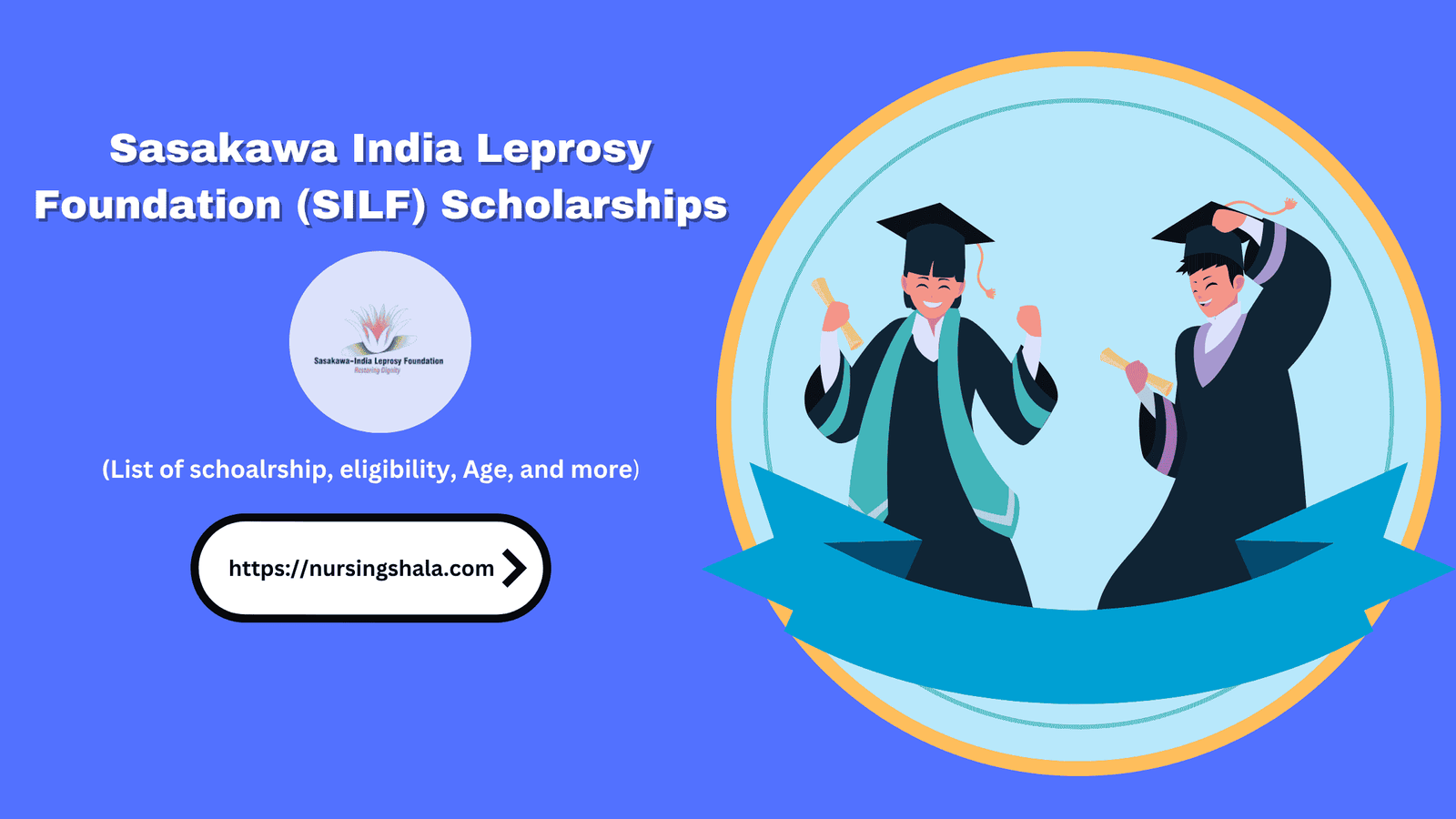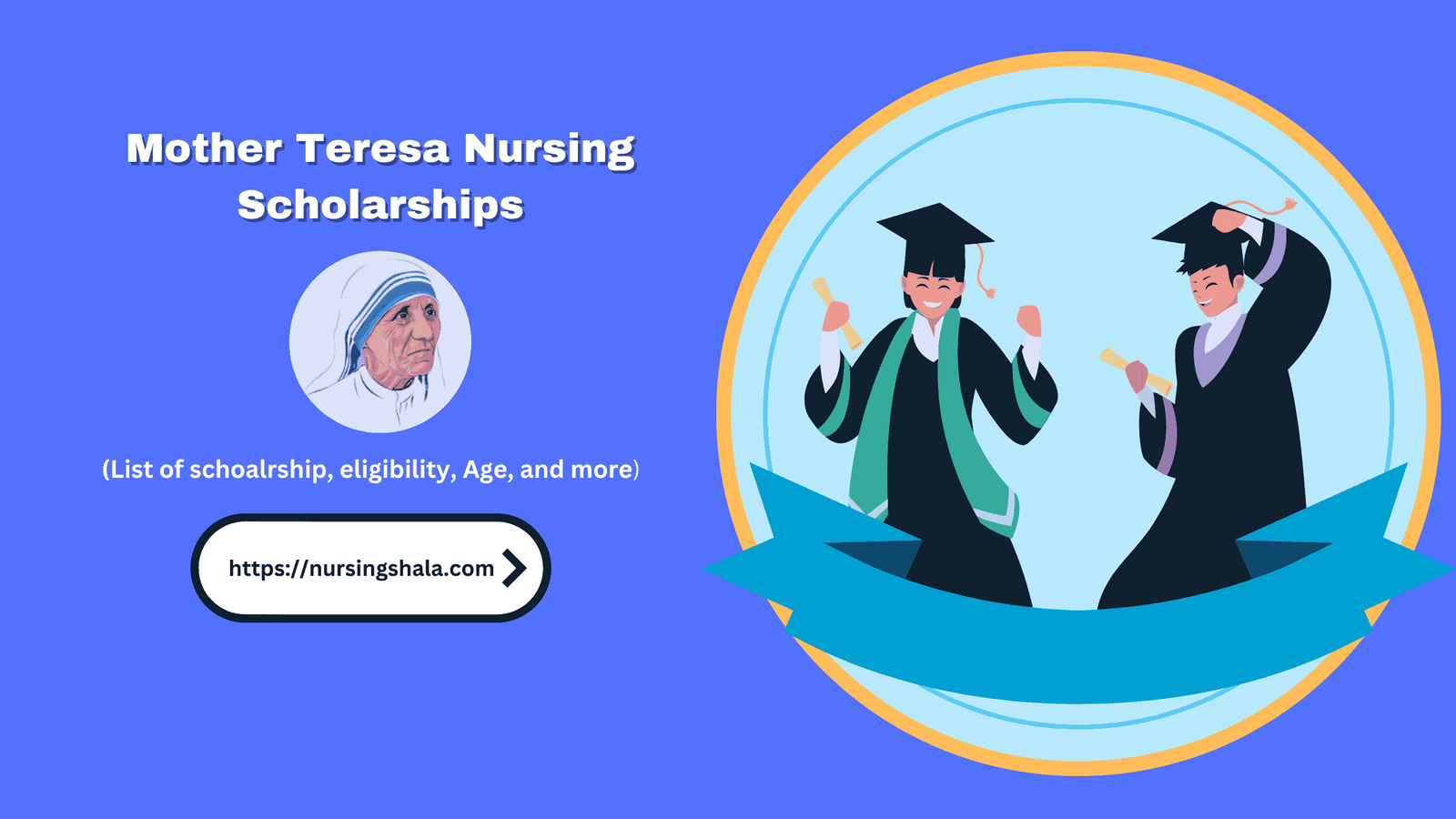One of the most esteemed and vital occupations in the healthcare sector is nursing. Students who earn a Bachelor of Science in Nursing degree are prepared with clinical skills, medical knowledge, and patient care expertise. What if, however, your goals are not limited to nursing? Is it possible to pursue MBBS after BSc Nursing? Many recent nursing graduates who aspire to become doctors ask themselves this issue.
The good news is that MBBS after BSc Nursing is becoming more and more common and is feasible. Many BSc nursing graduates aspire to advance in their jobs and assume additional responsibility, such as prescribing medicines and diagnosing illnesses- roles that are normally performed by doctors.
This blog provides a thorough look into 15 ways to pursue MBBS after BSc Nursing and addresses all of your urgent questions, whether you’re looking for a 3 year MBBS course after BSc Nursing, wondering how many years MBBS takes after BSc Nursing, or just wondering what to do after BSc Nursing.
Table of Contents
ToggleAppear for NEET-UG Exam Again
After earning a BSc in nursing, the NEET-UG (National Eligibility cum Entrance Test) is the simplest route to MBBS. This tough exam is still required for MBBS admissions even if you already have a healthcare degree.
Age Limit Considerations
Many students wonder how to become a doctor after BSc Nursing, especially if they are older than 25. Previously, the upper age limit for NEET-UG was 25 years, which posed a major hurdle. However, recent Supreme Court rulings have removed this restriction, offering a golden opportunity to older candidates. Now, BSc Nursing graduates above 25 years of age can freely pursue their dream of becoming a doctor by appearing for NEET-UG and securing admission into MBBS programs. This decision has opened doors for many passionate healthcare professionals seeking to expand their careers in medicine.
Check Eligibility for State Quota
In India, inhabitants of each state are eligible to apply for 85% of the MBBS seats through the state quota. Students who want to study MBBS after earning their BSc in nursing will greatly benefit from this reservation system. You can be given more weight during the NEET-UG counseling process if you earned your bachelor’s degree in nursing from a university in your home state.
Your chances of getting a government MBBS seat under the state quota can be improved by having a state residence and an education in the same state. Thus, for prospective physicians, it may be strategically advantageous to pursue a BSc in Nursing inside your state.
Consider AIIMS or JIPMER for Quality Education
For High-Quality Education, Take into Account AIIMS or JIPMER Prominent universities such as AIIMS and JIPMER admit students via NEET-UG. Even though it doesn’t provide direct lateral access, a BSc in nursing can help you in interviews or throughout your academic MBBS journey.
Does Lateral Entry Exist?
Many people inquire, Is there a three-year MBBS program following a BSc in nursing? Currently, India does not offer lateral entry into MBBS for graduates of BSc Nursing. Nonetheless, graduate-entry medical programs are available in several international nations (see below).
MBBS Abroad After BSc Nursing
If you’re searching for a fast-track MBBS, take into account nations such as:
- Russia
- Ukraine
- Georgia
- Philippines
Graduates of these nations can enroll in 4–5.5-year MBBS courses. Although NEET is required for Indian registration later, the process is easier and frequently doesn’t require it.
Graduate Entry Medicine in the UK and Australia
Graduate Entry MBBS programs in nations like the UK and Australia are open to applicants who already possess a healthcare degree, such as a BSc in nursing. These four-year, expedited medical degrees are intended for graduates with a good foundation in science or medicine.
Excellent academic records, entrance exams (such the GAMSAT or UCAT), and frequently pertinent clinical experience are requirements for these extremely competitive schools. Although they provide a quicker path to becoming a doctor, they are also very costly, with tuition costs for international students being far higher. Many people believe them to be a useful method to start a career in medicine, despite the expense.
Online Bridge Courses (Not MBBS, But Options)
A few organizations provide bridge courses for BSc Nursing professionals who want to become mid-level practitioners or Community Health Officers (CHOs). These options are helpful if you seek clinical advancement without 5.5 years of education, even though they are not MBBS.
MBBS Through Armed Forces Medical College (AFMC)
Through NEET-UG, candidates can apply to AFMC Pune. AFMC might be the ideal option for you if you recently received your bachelor’s degree in nursing and have a great desire to serve your country. It provides outstanding discipline, training, and the chance to serve in the Armed Forces Medical Services. AFMC provides access to a fulfilling and respectable nursing career in the Indian defense industry, with a dedication to healthcare and nation-building.
Examine Your Options for an MBBS at Private Medical Colleges
Although government colleges are the best, MBBS seats are also available at private medical colleges. In counseling interviews, you might highlight your BSc Nursing experience.
FMGE and Medical Licensing for MBBS Abroad
To practice in India after completing an MBBS program overseas, you must pass the Foreign Medical Graduate Examination (FMGE). Your background in medicine as a nursing graduate will help you get ready.
What to Do If Not MBBS After BSc Nursing
If MBBS seems unattainable, there are alternative choices.
- Master of Public Health (MPH)
- Post Basic BSc Nursing
- MSc Nursing
- MBA in Hospital Management
- These can lead to well-paying and prestigious jobs in the medical field.
Prep Advice for BSc Nursing Students on NEET UG
Here’s how to make a seamless shift to MBBS.
- Fill in any deficiencies in chemistry and physics.
- Join a NEET coaching program that emphasizes preparation with a strong biology component.
- Regularly practice MCQs.
- Make use of your nursing knowledge of anatomy and physiology.
How Many Years MBBS Takes After BSc Nursing?
Despite your degree, an MBBS in India is 5.5-year course (4.5 years academics + 1-year internship). There is no shortcut or 3-year MBBS course after BSc Nursing in India as of now.
Conclusion
The MBBS after BSc Nursing path is lucrative and demanding. Your nursing experience provides a strong basis for medical study, even if there is no short way to become a doctor in India. There are many options available to motivated applicants, ranging from passing NEET-UG to pursuing MBBS overseas or in the military. The answer to the question “Can I do MBBS after BSc Nursing?” is a resounding yes, as long as you have the drive, planning, and perseverance. The path is yours to choose, whether you wish to diagnose as a doctor or heal as a nurse.
Frequently Asked Questions
Can I pursue MBBS after BSc Nursing?
By taking the NEET-UG exam, you can pursue MBBS after BSc Nursing. Although there is no direct admission, your experience as a nurse may help you in your MBBS coursework.
Aside from MBBS, what else can I do after earning a BSc in Nursing?
You can pursue a post-basic BSc in nursing, an MSc in nursing, an MPH, an MBA in hospital management, or other medical specialties like psychology or clinical research.
Does India offer a 3-year MBBS program following a BSc in nursing?
No, following a BSc in nursing, India does not provide a 3-year MBBS program. Even for graduates, the typical length of an MBBS program is still 5.5 years.
Is it possible for a BSc nurse to become a doctor?
Yes, a BSc nurse who passes the NEET-UG and completes the MBBS program can become a doctor. Experience as a nurse gives you a clinical advantage when studying medicine.
After a BSc in Nursing, how many years does it take to get an MBBS?
Regardless of your prior credentials, MBBS in India requires 5.5 years following BSc Nursing.
Following a BSc in nursing, is it wise to pursue an MBBS abroad?
Indeed, a lot of nations accept graduates with a bachelor’s degree in nursing or offer graduate-entry MBBS programs. But make sure the Indian National Medical Commission (NMC) has approved the college.
After earning a BSc in Nursing, can I be admitted directly to an MBBS program?
No, you need to be eligible for NEET-UG. In India, MBBS does not offer either direct admission or lateral entry.
After earning a BSc in Nursing, what is the ideal age to begin MBBS?
You can begin at any age after earning your BSc because there is currently no upper age limit. Because MBBS lasts a long time, it is better to start early.
Will my nursing bachelor’s degree aid me in my MBBS?
Indeed, it will provide you an advantage over other MBBS students in courses like anatomy, physiology, pharmacology, and patient care.
Is MBBS following BSc Nursing financially feasible?
Your financial circumstances will determine this. While private or international MBBS programs can be costly, government universities are reasonably priced. There are loans and scholarships available.



